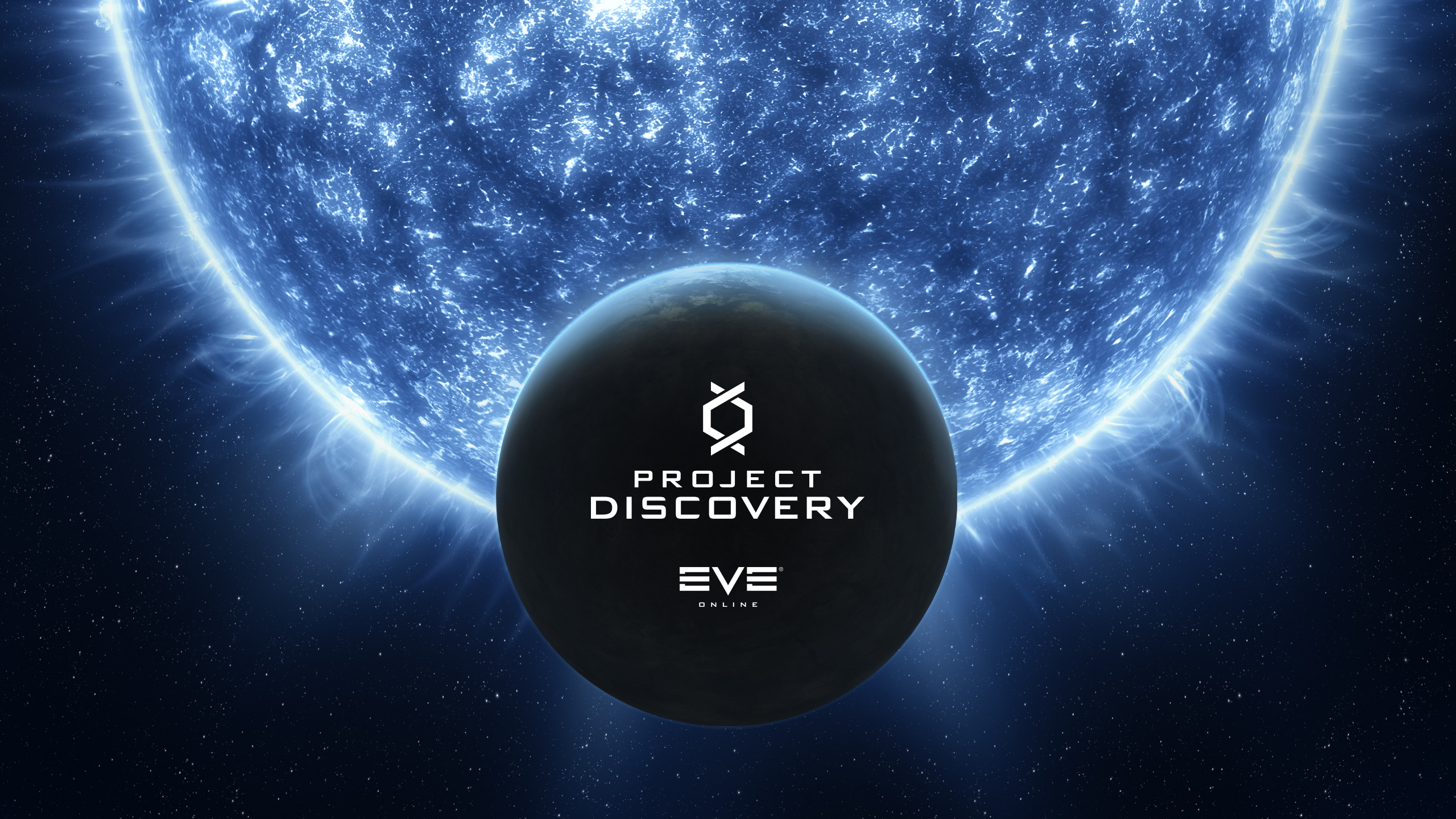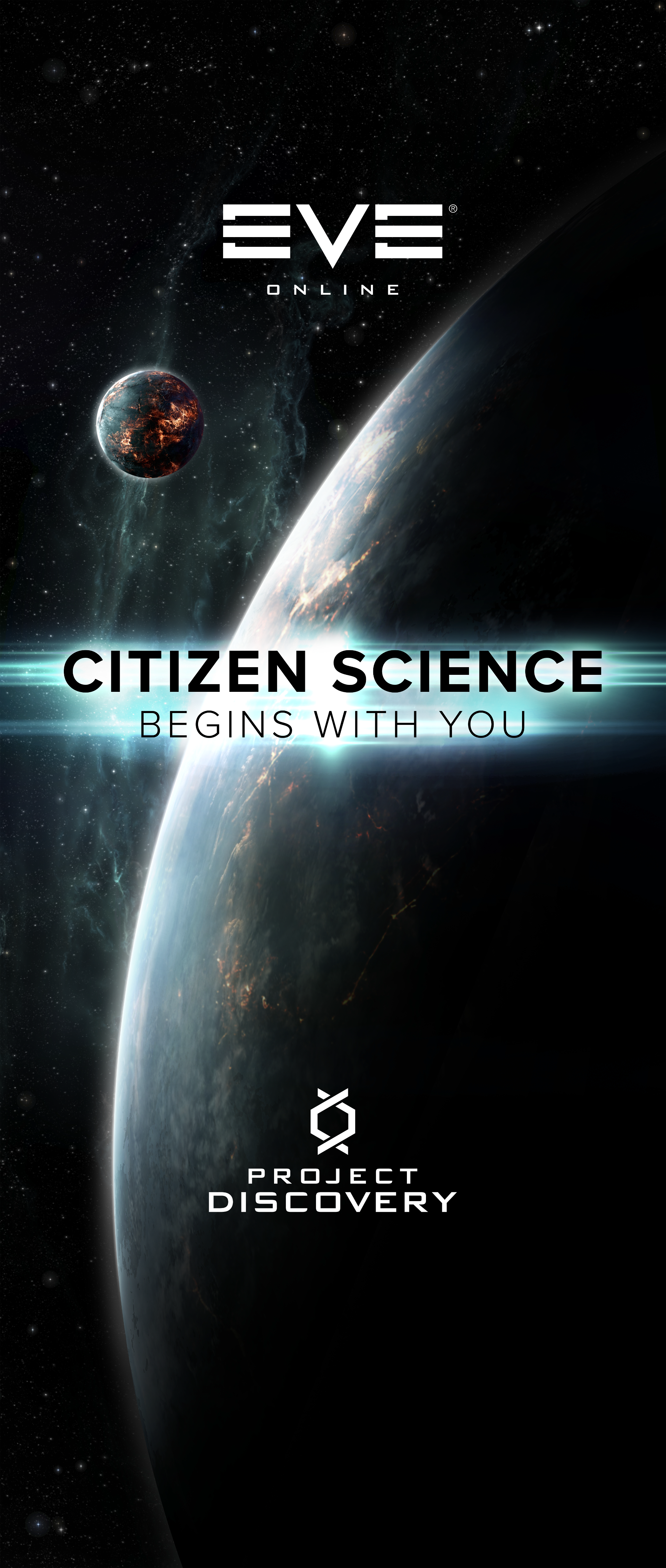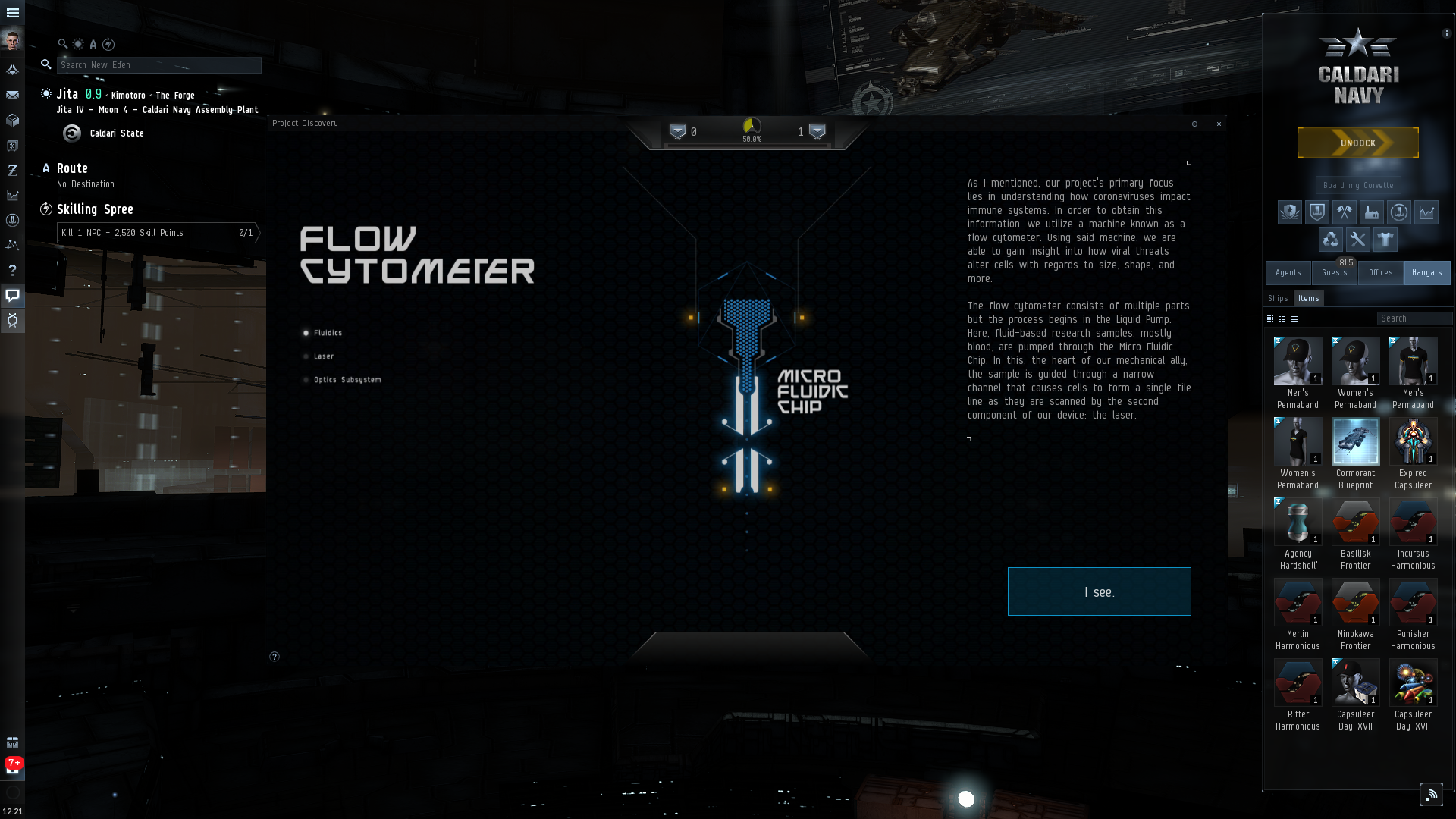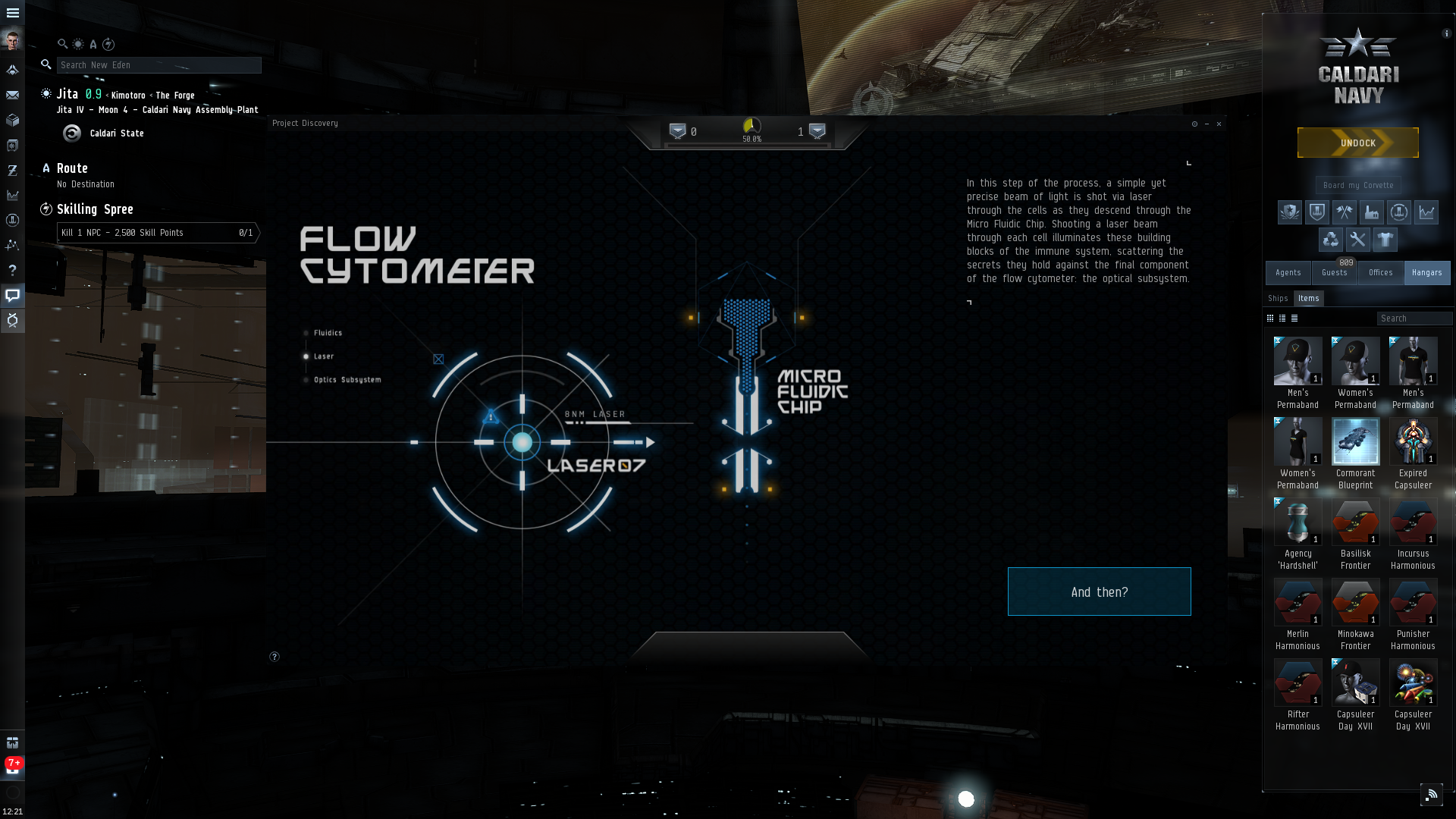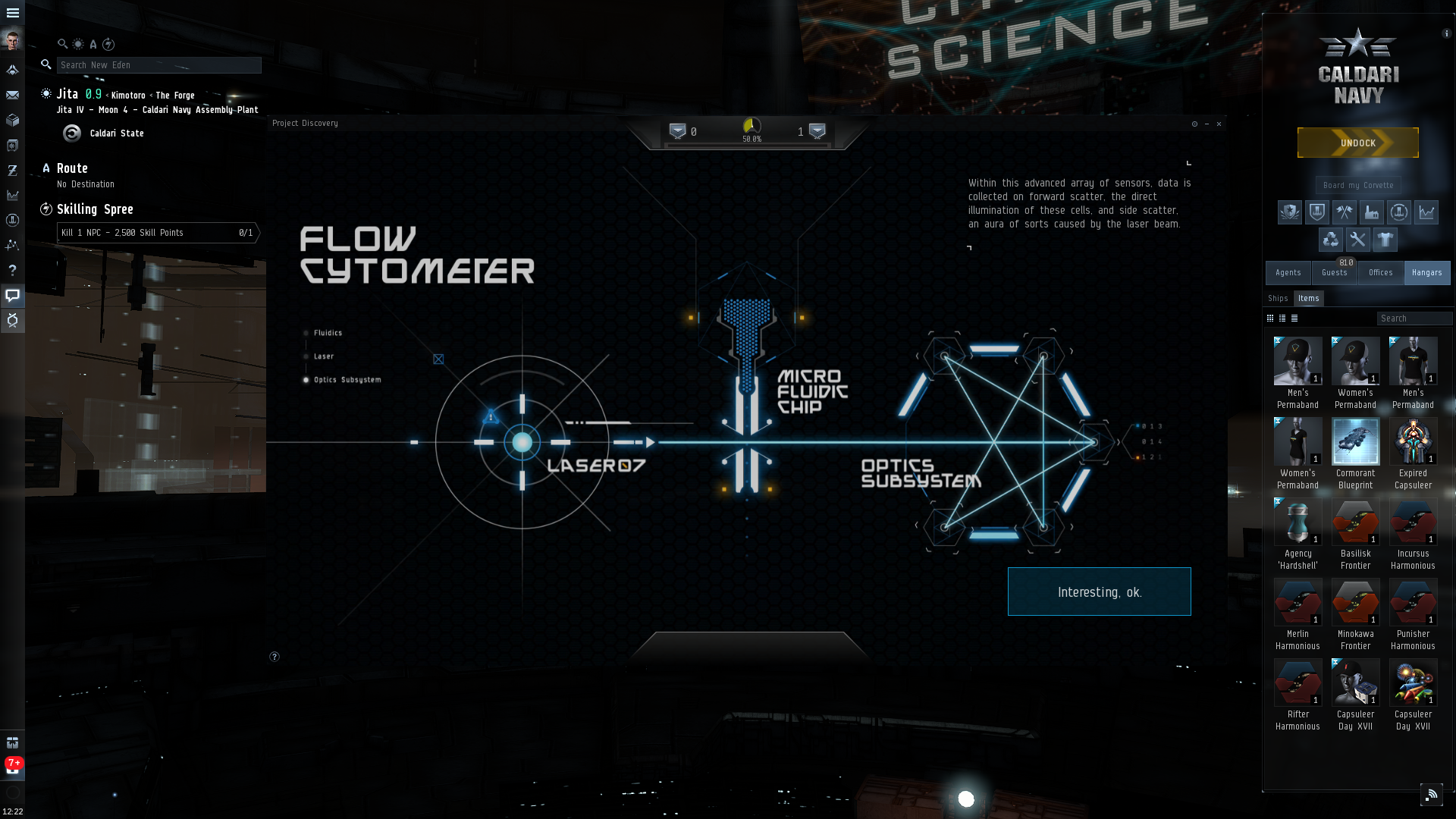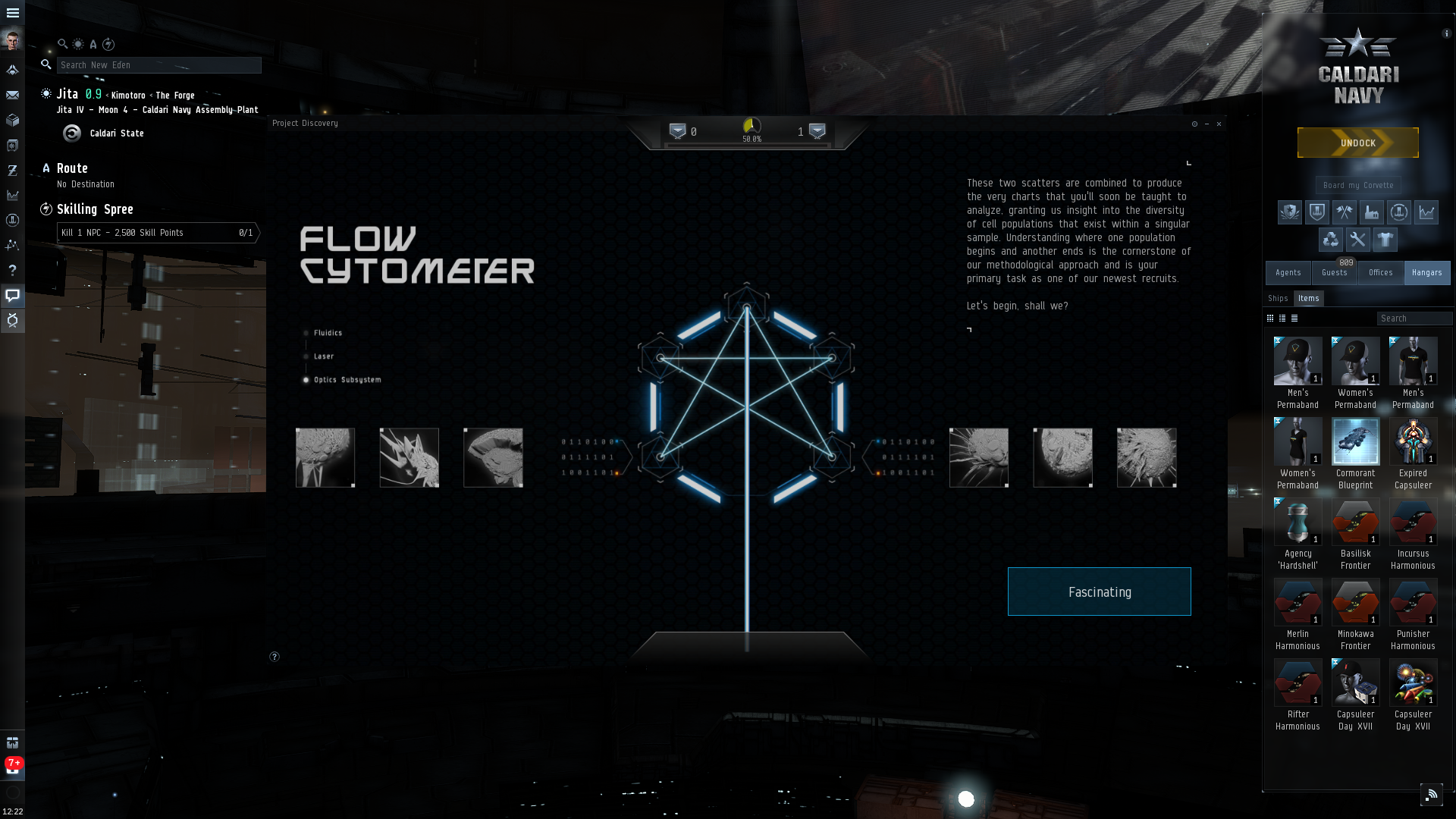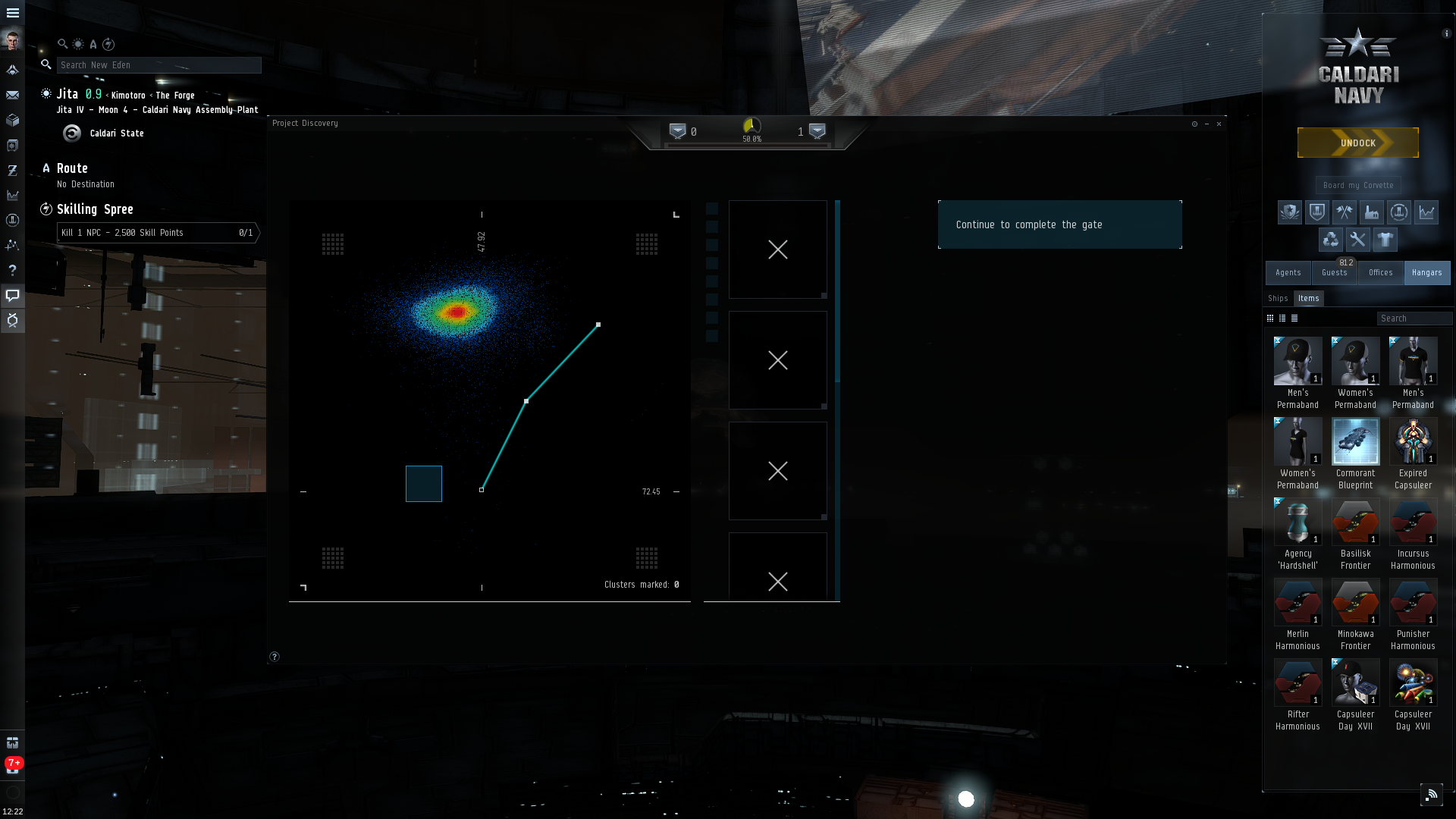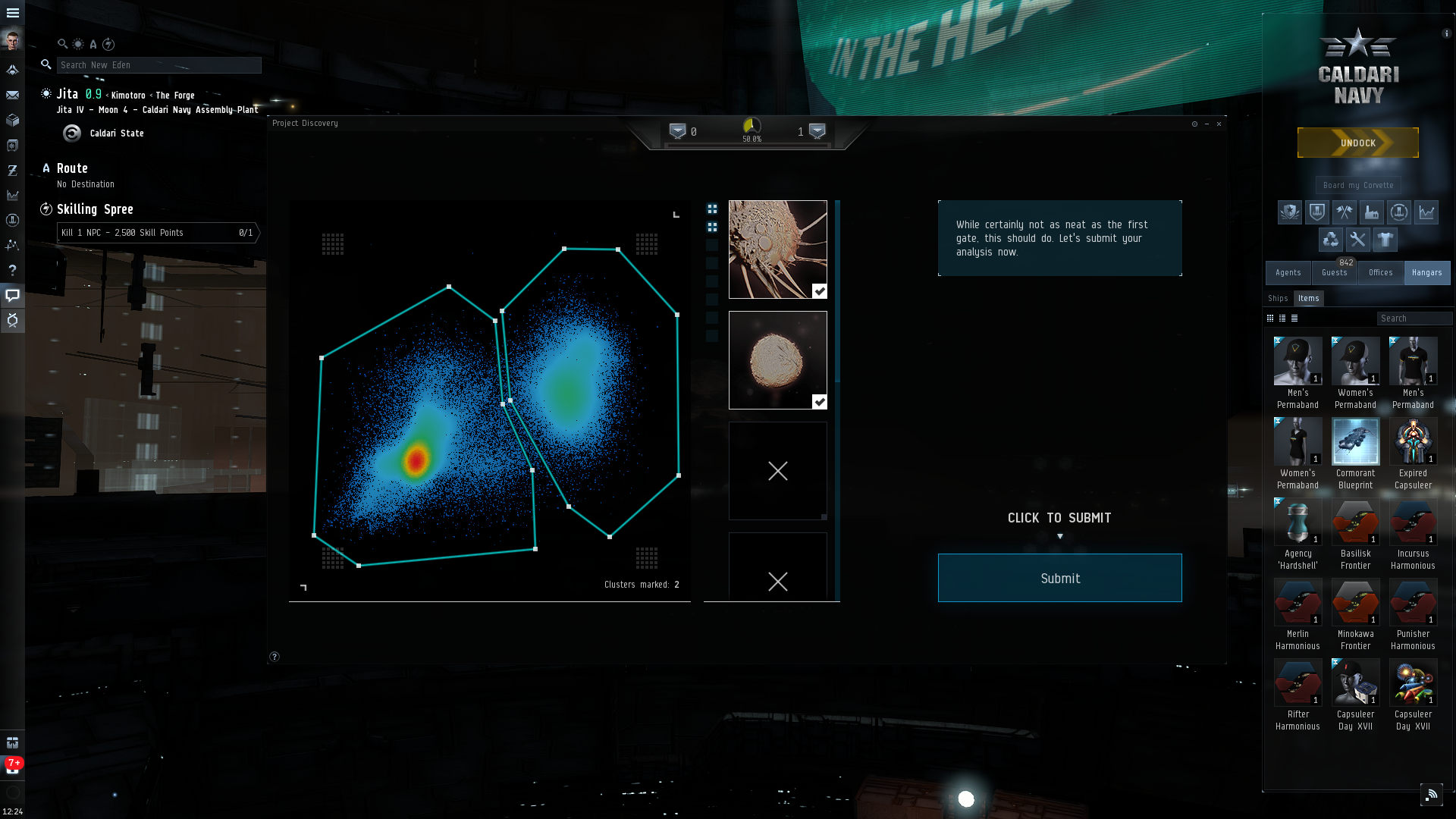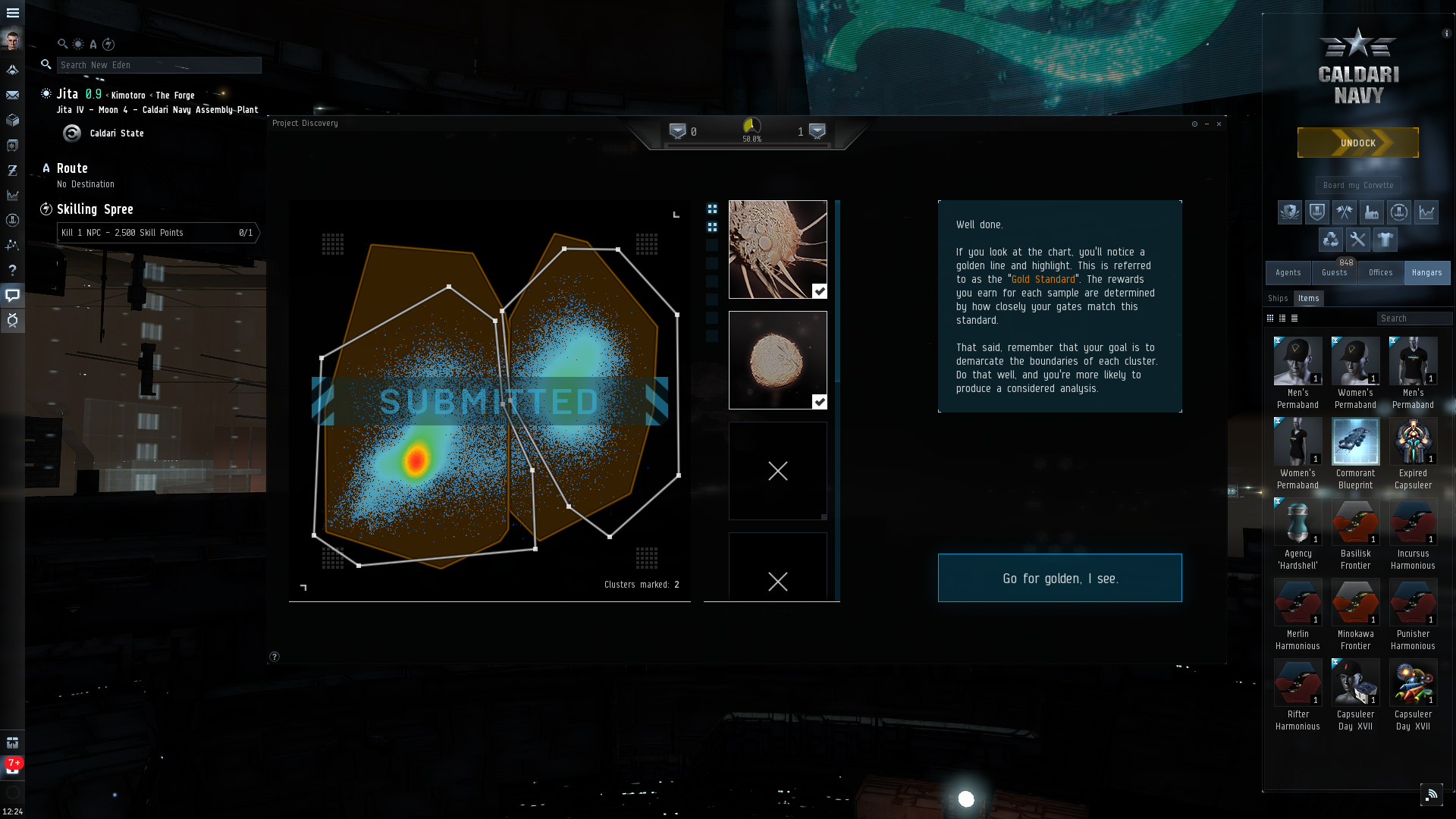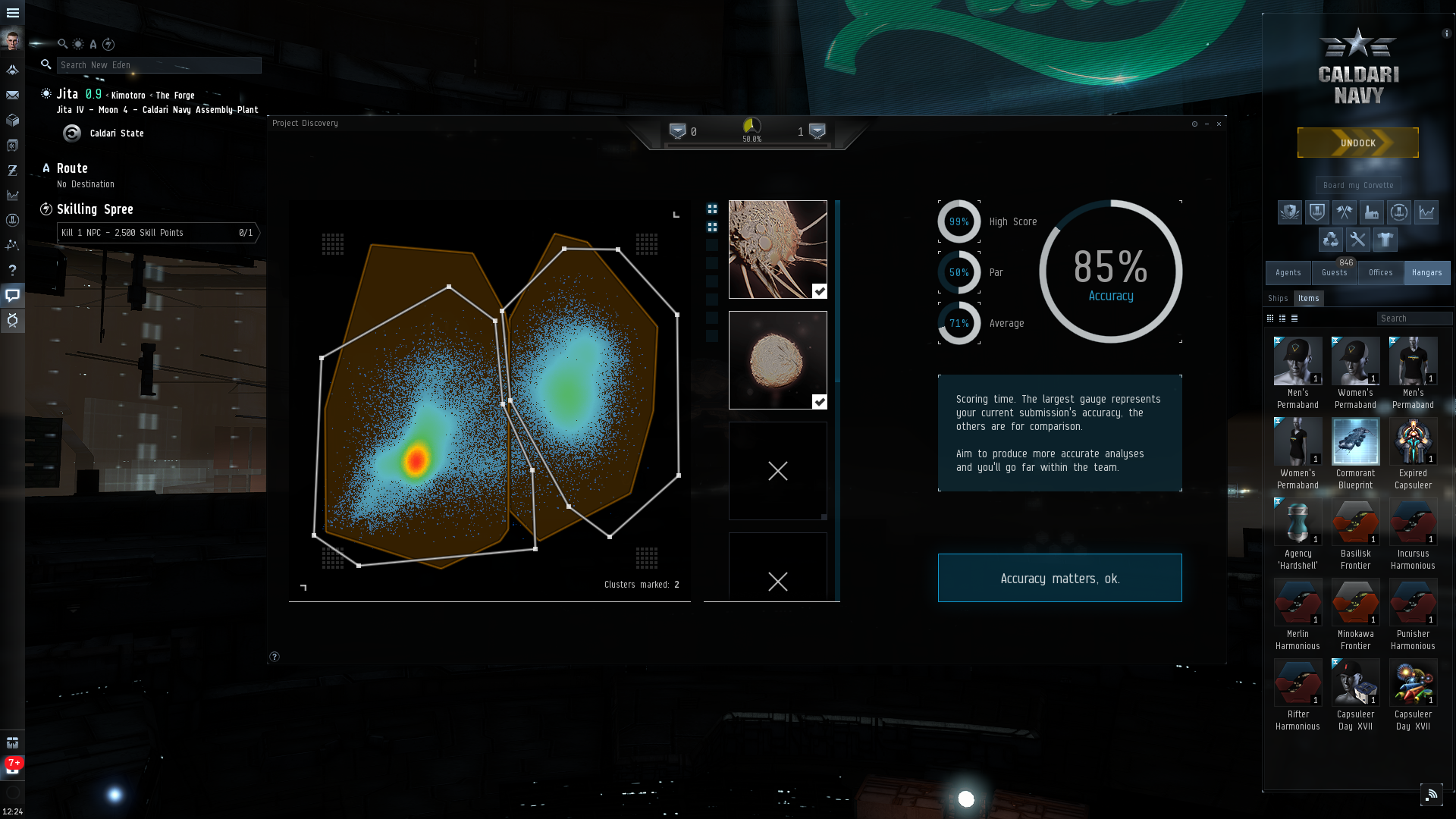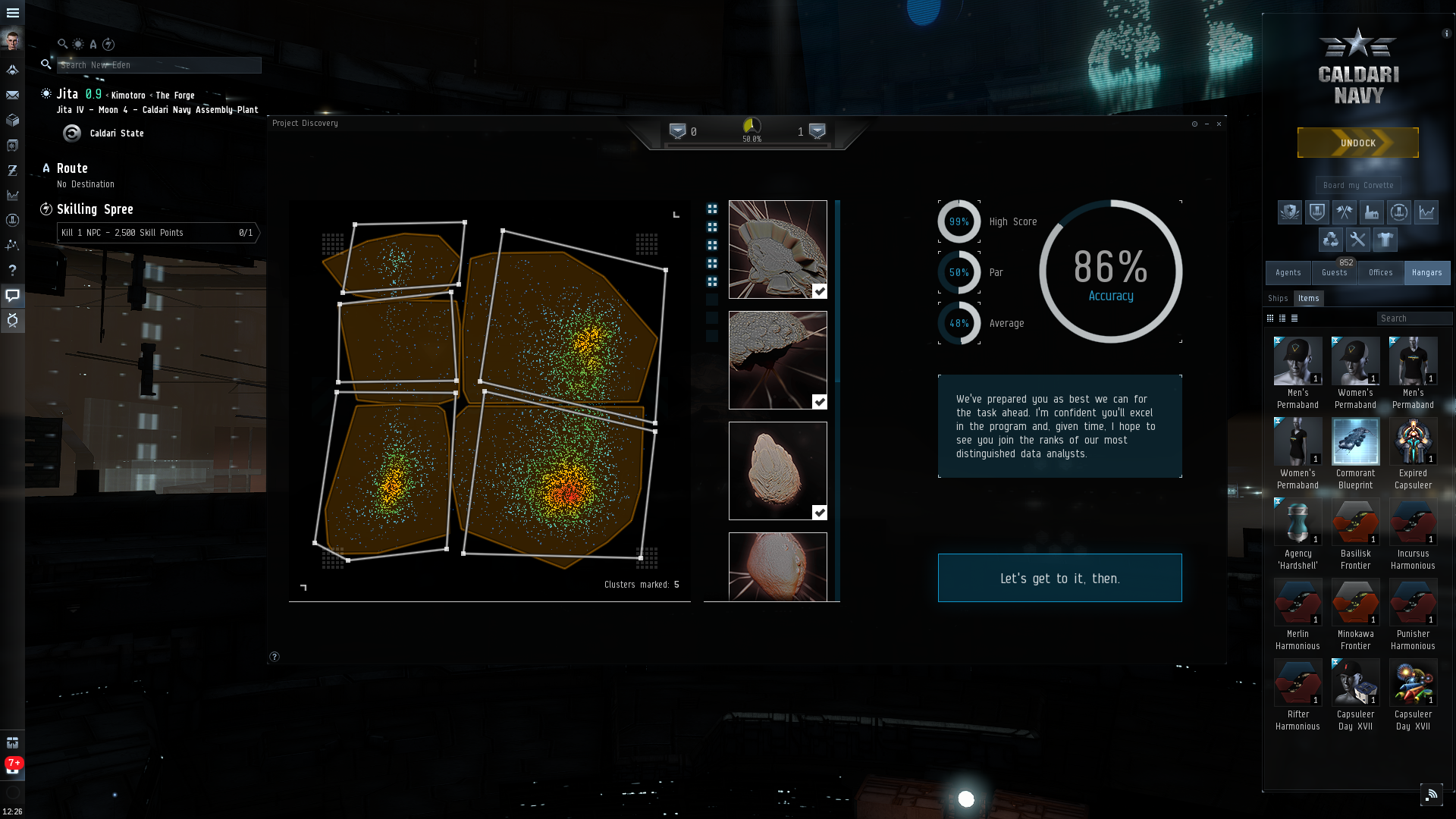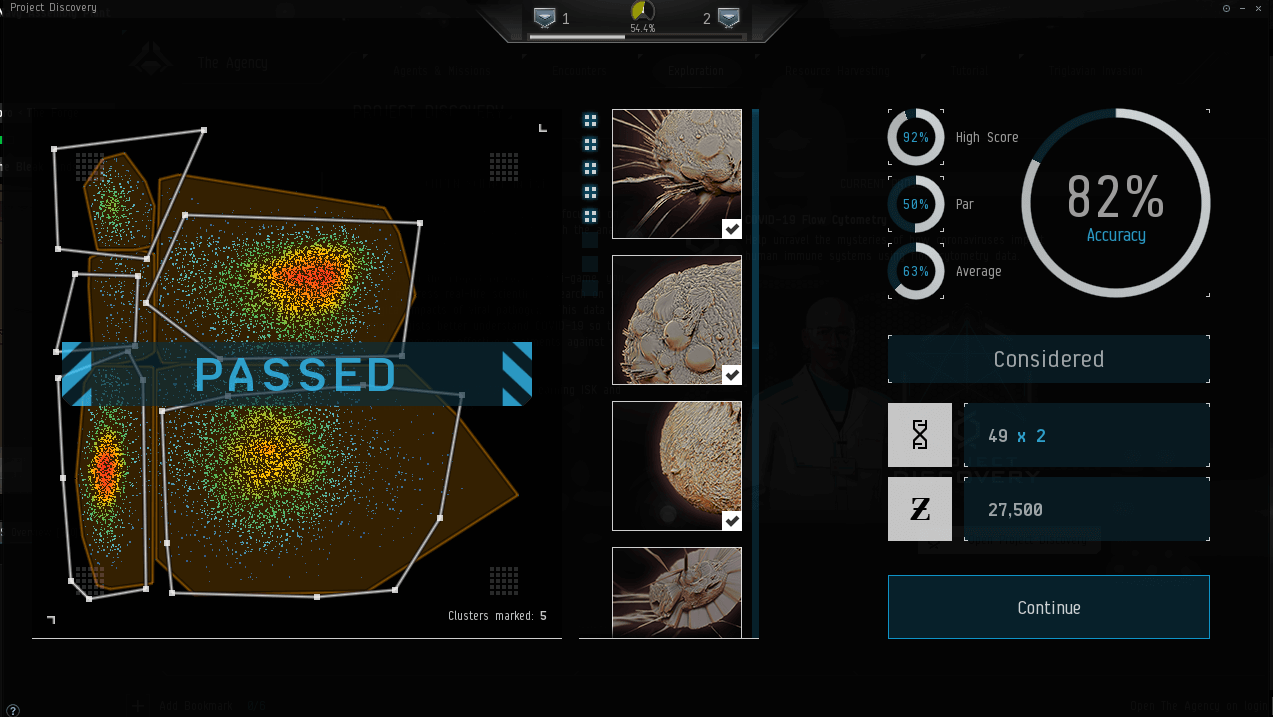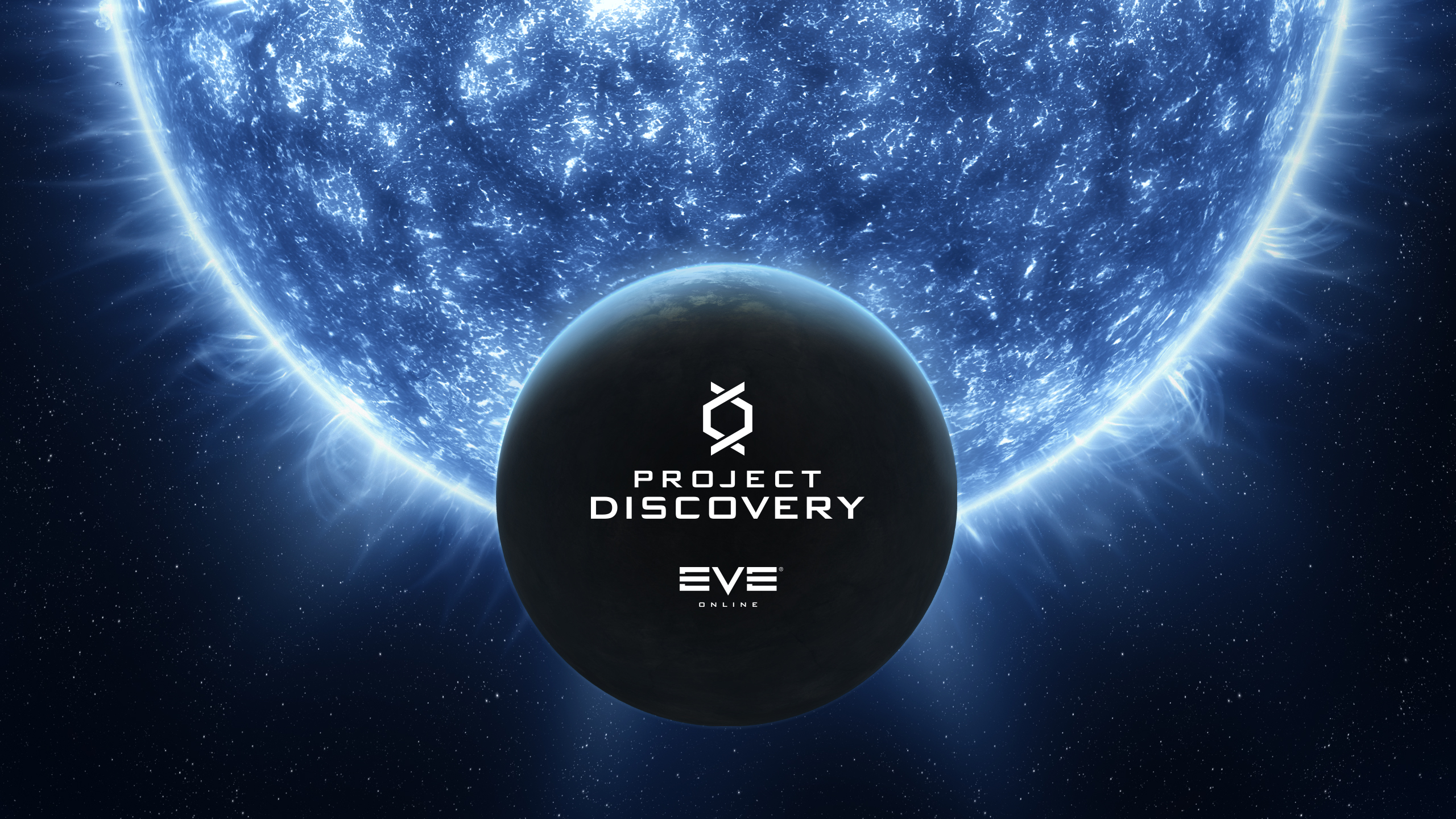Honorary Mention
Project Discovery is the first pioneering implementation of the Massively Multiplayer Online Science concept: the integration of citizen science (CS) with major video games to resolve the user acquisition and engagement problems in CS. During the last 8 years, we engaged over 1.3 million citizen scientists (more than 5.5 million over all MMOS collaborations), which made our projects one of the most active CS projects ever.
This unprecedented success was praised in articles worldwide in journals like the New Yorker, Wired, BBC, Neue Zurcher Zeitung and many more, reaching tens of millions with science communication. Our projects were awarded several prestigious awards, like the Innovation Award of the University of Geneva or the Webby Awards and were among the 2021 winners of the Falling Walls Engage science award.
Project Discovery III: What if we said a videogame was set to be instrumental to better understand COVID-19?
Project Discovery is an in-game citizen science project that exists within the popular massively multiplayer online computer game, EVE Online. It has previously been utilised by the University of Geneva to help classify exoplanets (helping team member Nobel laureate Professor Michel Mayor) and aid in mapping millions of uncategorised proteins in the human body, by using the manpower of hundreds of thousands of players to provide large-scale data analysis. Most recently, in collaboration with McGill University, the British Colombia Cancer Research Centre, and the University of Modena and Reggio Emilia, it leveraged its playerbase to speed up critical research processes on COVID-19. In EVE Project Discovery: COVID-19, players are charged with analysing large sets of data to build a picture of how the virus affects the immune system, via flow cytometry and therefore teach a learning algorithm to automate the process entirely – something which usually takes countless man hours in a standard medical trial.
Jury Statement
Project Discovery is a pioneering integration of a citizen-science approach to a Massively Multiplayer Online Game concept. Integrating citizen science with EVE Online led to the engagement of 1.3 million online players with scientific discovery. EVE Online players were challenged to analyse data on three different research topics: Proteins (proteomics), exoplanets (astronomy) and Flow Cytometry (immunology). The Jury emphasised the diversity challenges of the EVE Online community but also highlighted the potential of using video games as platforms for public participation in the scientific enterprise.
European Union Prize for Citizen Science Jury 2023 (Kat Austen, Lewis Hou, Pedro Russo, Andrea Sforzi, Stefanie Wuschitz). View full Statement here.
Credits
EVE Online’s Project Discovery has received funding from the European Union’s Horizon 2020 research and innovation programme under grant agreement Nr 732703
Biographies

CCP Games
CCP Games (IS) is a leading European independent game developer that has been praised for its artistry, technology and game design that facilitates emergent behavior, empowering players with compelling means of self-expression. With the launch of EVE Online in May 2003, CCP established itself as a pioneer of cutting edge massively multiplayer games, winning numerous awards and receiving critical acclaim worldwide. As EVE Online’s Creative Director, Bergur Finnbogason is in charge of setting the creative path for the epic sci-fi universe of New Eden, the setting of EVE Online. CCP was the partner of MMOS in creating Project Discovery, who is the Swiss start-up, the innovator and solution provider behind the large-scale citizen science-videogame collaborations of Project Discovery and Borderlands Science. During the last 8 years MMOS citizen science games engaged over 5.5 million players in science related activities, yielded over 730 million data analysis submissions. The unprecedented success of Project Discovery was praised in articles worldwide in journals like the New Yorker, Wired, BBC, Neue Zurcher Zeitung and many more, bringing the message to tens of millions. These projects were awarded several prestigious awards, like the Innovation Award of the University of Geneva or the Webby Awards and MMOS were among the 2021 winners of the Falling Walls Engage science award.
